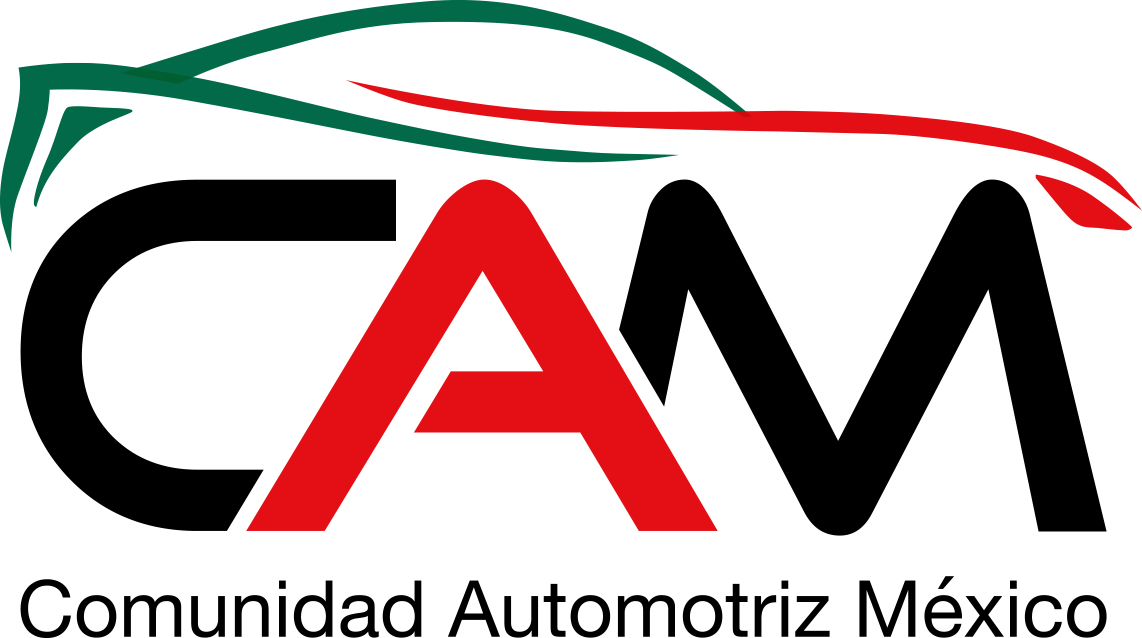Board of Directors Vs Advisory Board
Both boards of directors and advisory boards help organizations reach new levels. Their primary difference is in the legal responsibilities they have. An advisory board is a valuable tool for nonprofits to communicate with the community through their perspectives and suggestions.
An advisory board doesn’t have the same legal obligations and fiduciary obligations as a regular board of directors, meaning that they do not make financial decisions on behalf of an organisation. This is why it’s important to ensure that both the advisory board and the board of directors understand the role of an advisory board, as well as the limitations of its duties.
This is particularly important in cases where an organization typically refers to both groups as the “board.” By creating a written explanation of what an advisory board’s role is by means of a resolution on the board, for example – you can ensure that those on the advisory board don’t accidentally begin acting as this post a board of directors. This can be a problem not just because of the liability issue, but also because it can create confusion and anger among the advisory board members and the board.
An excellent advisory board can be an invaluable source for a non-profit organisation, and it’s imperative that everyone involved understands what their role is. By ensuring that there’s a clear distinction between an advisory board and a regular board, organizations can lessen the risk of confusion, avoid mistakes, and keep the best the best talent.


Responses